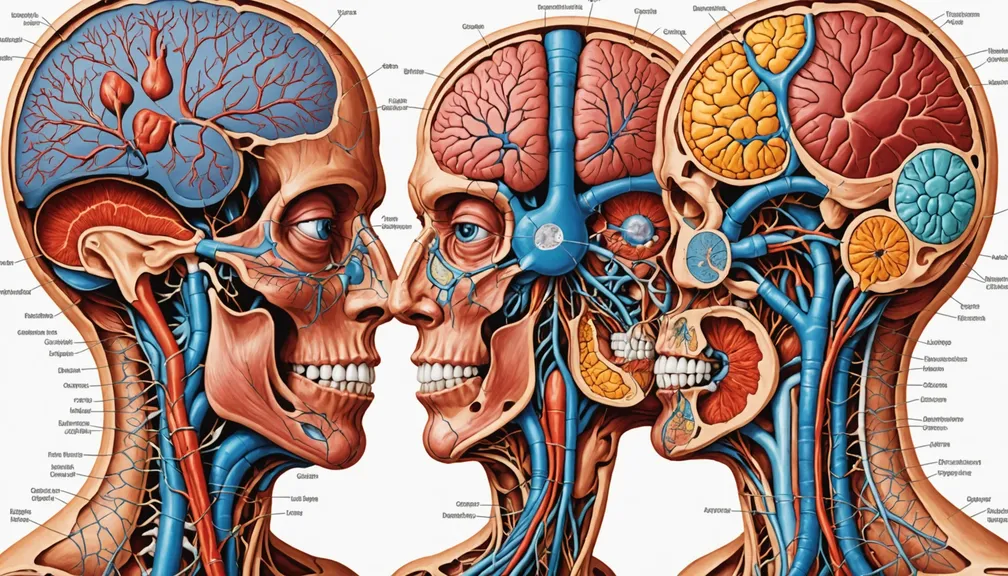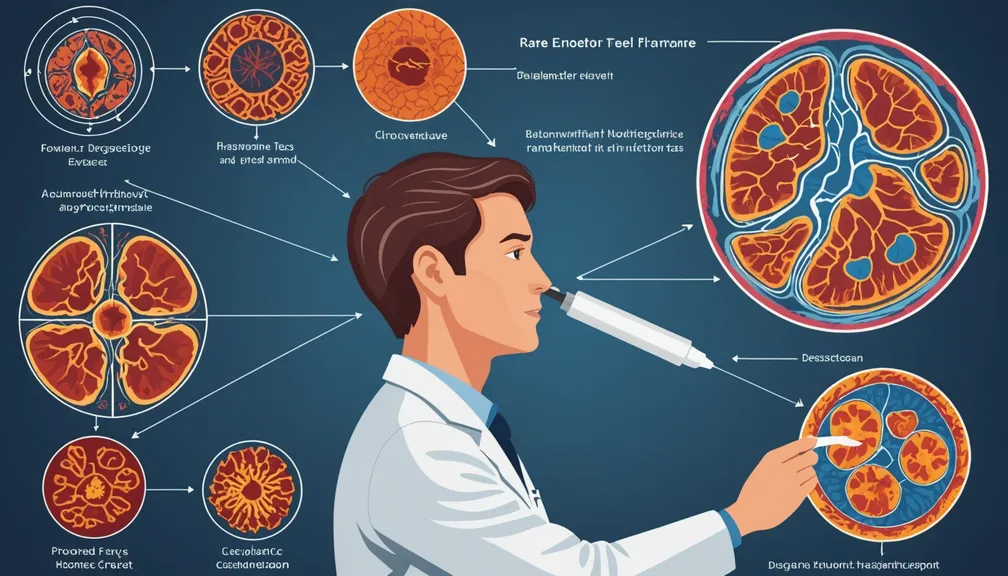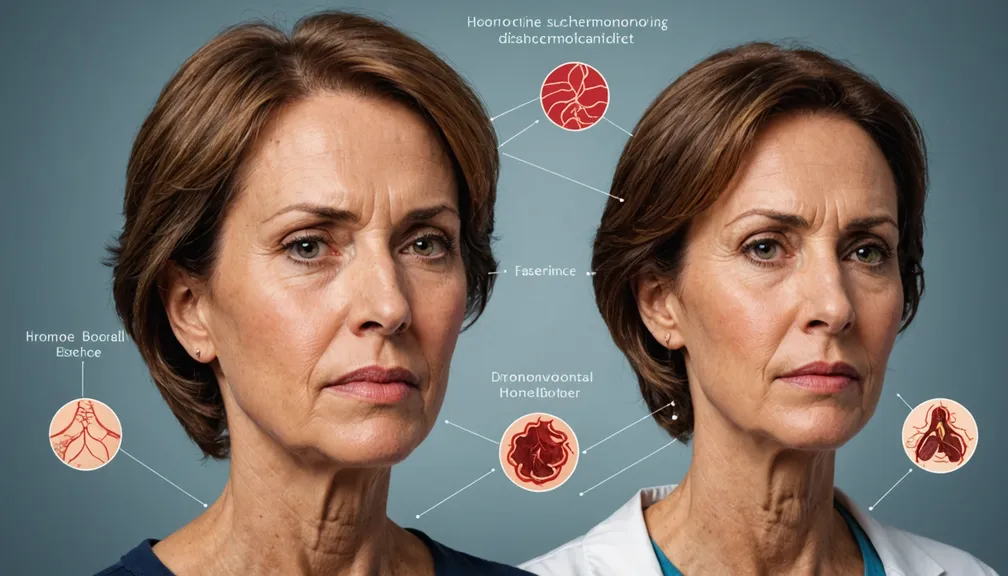Hormone Replacement Therapy (HRT)
What is Hormone Replacement Therapy?
Hormone Replacement Therapy, commonly known as HRT, is a cornerstone treatment for many rare endocrine disorders. It involves supplementing or replacing hormones that the body is not producing in sufficient quantities.
Types of Hormones Used
- Cortisol: For conditions like Addison's disease, cortisol supplements help manage stress and maintain energy levels.
- Thyroxine (T4) and Triiodothyronine (T3): These are used to treat thyroid hormone deficiencies.
- Insulin: Essential for patients with certain types of diabetes related to endocrine disorders.
- Sex Hormones (Estrogen and Testosterone): These may be prescribed to balance hormonal levels affecting sexual and reproductive health.
How HRT Helps Manage Symptoms
By restoring hormonal balance, HRT can alleviate symptoms such as fatigue, weight changes, mood swings, and other physical and emotional challenges associated with hormone deficiencies.
Medications for Specific Disorders
Addison's Disease Treatment
- Glucocorticoids (e.g., Hydrocortisone, Prednisone): Replace deficient cortisol.
- Mineralocorticoids (e.g., Fludrocortisone): Help maintain salt and water balance.
Multiple Endocrine Neoplasia (MEN)
- Targeted Therapies: Depending on the specific type of MEN, medications may target hormone-producing tumors.
- Chemotherapy: In some cases, to control tumor growth.
- Radiation Therapy: Used to manage certain tumors related to MEN.
Other Rare Endocrine Disorders
- Growth Hormone Replacement: For disorders affecting growth and development.
- Parathyroid Hormone Supplements: To manage calcium and phosphate levels in the body.
Creating a Treatment Plan
Collaborating with Healthcare Providers
Developing an effective treatment plan requires close collaboration with your healthcare team. This ensures that all aspects of your condition are addressed comprehensively.
Regular Monitoring and Adjustments
Hormone levels and symptoms should be regularly monitored to adjust dosages and medications as needed, ensuring optimal management of the disorder.
Managing Medication Side Effects
Common Side Effects
- Fatigue or Insomnia: Some hormone therapies can affect sleep patterns.
- Weight Changes: Hormone imbalances may lead to weight gain or loss.
- Mood Swings: Emotional fluctuations can occur with hormone adjustments.
Strategies to Mitigate Side Effects
- Regular Communication: Keep your healthcare provider informed about any side effects you experience.
- Lifestyle Adjustments: Incorporate a balanced diet and regular exercise to help manage side effects.
- Dosage Adjustments: Sometimes, altering the dosage can reduce unwanted effects.
Healthcare Team Support
Endocrinologists
Specialists in hormone-related disorders, endocrinologists play a pivotal role in diagnosing and managing rare endocrine conditions.
Primary Care Physicians
They coordinate overall care, ensuring that all health aspects are considered alongside specialized treatments.
Nurses and Pharmacists
Provide essential support in medication management, education, and monitoring.
Nutritionists and Mental Health Professionals
Help address dietary needs and emotional well-being, which are crucial for comprehensive care.
Tips for Medication Adherence
Establishing a Routine
Take your medications at the same time each day to build a consistent habit.
Using Reminders and Tools
Set alarms, use pill organizers, or mobile apps to remind you when it's time to take your medications.
Communicating with Your Healthcare Team
If you have trouble adhering to your medication schedule, discuss it with your healthcare providers. They can offer solutions or adjust your treatment plan as necessary.
Personalized Treatment Plans
Importance of Tailored Treatments
Every individual’s condition is unique. Personalized treatment plans ensure that therapy is specifically designed to address your particular hormonal imbalances and health needs.
Monitoring and Adjusting Medications
Regular check-ups allow your healthcare team to monitor your progress and make necessary adjustments to your treatment, ensuring ongoing effectiveness and minimizing side effects.
Lifestyle Considerations
Diet and Nutrition
A balanced diet can support hormone health and improve overall well-being. Work with a nutritionist to create a meal plan that complements your treatment.
Exercise and Physical Activity
Regular exercise helps maintain energy levels, manage weight, and reduce stress, which can all positively impact hormonal balance.
Stress Management
Techniques such as meditation, yoga, or counseling can help manage stress, which is particularly important when dealing with hormone imbalances.
Working with Healthcare Professionals
Types of Doctors and Health Professionals to Consult
- Endocrinologists: For specialized hormone-related care.
- Primary Care Physicians: For overall health management and coordination of care.
- Nurses and Pharmacists: For medication management and support.
- Mental Health Professionals: To support emotional and psychological well-being.
- Nutritionists: To assist with dietary needs that complement your treatment.
Collaborating with this diverse healthcare team ensures comprehensive care, addressing all aspects of your health affected by rare endocrine disorders.
By understanding and actively participating in your treatment plan, including hormone replacement and medication management, you can effectively manage your rare endocrine disorder and maintain a better quality of life.






